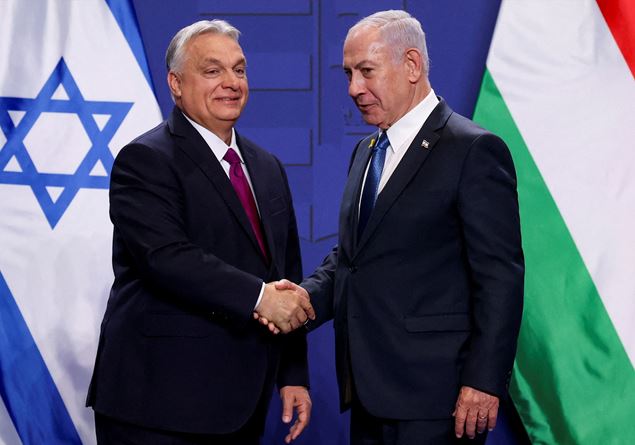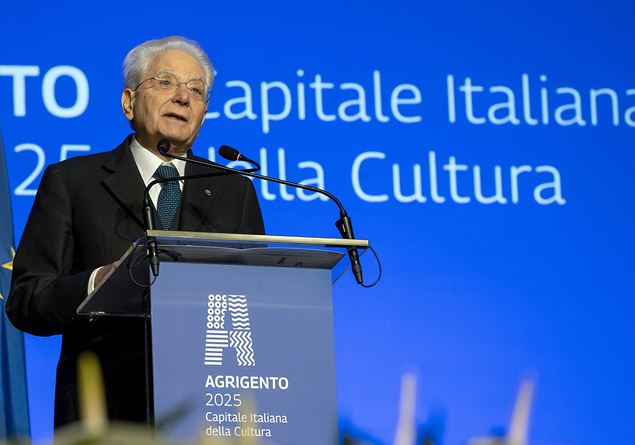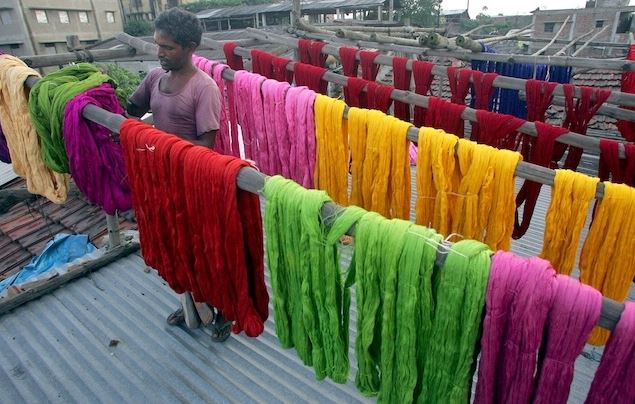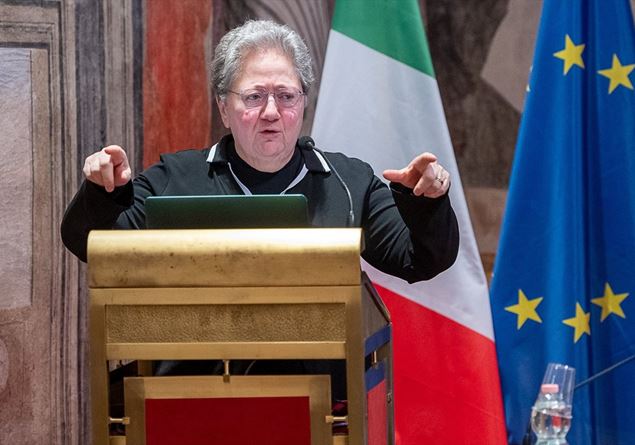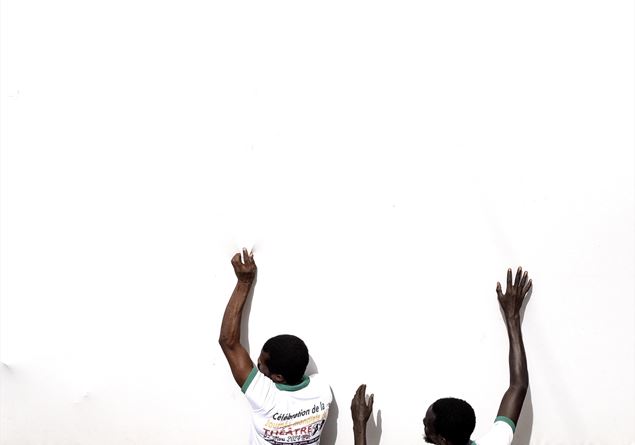Having repaired the roof of the Pirandello theater in record time and having removed the signs with grammatical errors, Agrigento managed to host the President of the Republic Sergio Mattarella by repairing the access roads to the city center the evening before the event. The first centre-right-led city to become “capital of culture” since the then minister Dario Franceschino conceived the initiative, the Sicilian city inaugurated its year dedicated to “The self, the other and nature. Relationships and transformations cultural”. In one of the most beautiful places in Italy, even if Il Sole 24 Ore places it in last place in the reading and investigation of Italia Oggi, third to last for quality of life, the head of state talks about Pirandello and Camilleri , of Thomas Eliot and of the city’s many treasures. Here are the words of the President of the Republic:
«I address a very cordial greeting to all those present, to the Minister of Culture, to the President of the Region, to the President of the Regional Assembly, to the Mayor of Agrigento, to the President of the Province and to all the Mayors present, not spectators, but participants in this role that opens with this occasion, with this day. Greetings to all those present, to the young people, to the children, for this extraordinary year that you can experience and in which you can participate. A particularly intense greeting and best wishes to the citizens of Agrigento. From today, protagonists of the Italian Capital of Culture for 2025.
Greetings and best wishes which extend to those in the area who will be involved in the scheduled events. To all the Municipalities of the province of Agrigento. Among them, the people of Lampedusa. Fellow citizens whom the wounds of our time have made at the forefront of European civilization. Expression of solidarity culture. Agrigento collects this precious witness from Pesaro, in central Italy. Which, in turn, had received it from the north of our country: from Brescia and Bergamo
A chain of extraordinary value. Which, year after year, highlights the link between the different Italian centers. It shows its roots and plans for the future. It highlights their friendship. It highlights the value of exchanges between cultural heritages, the value of knowledge. Italy is full of places full of history, art and beauty.
A heritage which, accumulated over the centuries, has marked its identity. In the succession of experiences of the peoples who have inhabited and grown it.
Nothing more than this part of Sicily, nothing more than this land, witnesses the value of the succession of civilizations. Nature, history, culture are elements of our genetic heritage. The Italian metropolises, destinations of growing tourism, are not the only centers of gravity. The richness of our country lies in its plurality. In its multiple beauty.
What gives particular value to Italy is precisely its precious diversity, the hundred capitals that have acted, over the centuries, as places capable of expressing community.
A great asset for our national journey. Inheritance received from our fathers. And treasure to invest for our children’s tomorrow.
Many realities, in the regions of Italy, hold priceless resources that risk deteriorating without adequate care.
The many treasures of the peninsula are closely linked to the communities that expressed them, to their peculiar development, and we are aware that today there are areas in difficulty, necessary abandonments, risks of depopulation.
Bringing balance back to places where nature has been forced and where many assets of Italian culture reside is an obligatory path to promote sustainable growth and to strengthen the country as a whole.
One of the intentions for Agrigento, in this 2025, is to not only be the spectacular stage of the Capital of Culture, but to constitute a stimulus and push for many other Italian realities.
It is a challenge to increase opportunities where they have been reduced today. A voice that states that the suburbs are also engines of culture and planning.
This is the challenge that our time presents us. Agrigento intends to speak to the rest of the country and to the Europe of which it is part.
Agrigento, the center of ancient Greek civilization as early as the sixth century BC.
The Akragas of Empedocles, who defined as “roots” the four elements that he indicated as constituting the whole: fire, air, earth, water.
These four elements are now stylized in the official logo of Agrigento Capital of Culture: for Empedocles the unity of the elements was the spark of the birth of everything, while separation was the cause of death.
A symbol that reiterates the need to recompose, to regenerate cohesion, to proceed together.
The memory of the dead of the wars that bloodied Europe, the Mediterranean and, unfortunately, numerous other regions of the planet asks for it.
This is required by the tragic violations of human rights that erase dignity and life itself.
Growing inequalities demand it. Extreme poverty, marginalization.
This is required by the lament of the earth, violated by the extreme exploitation of resources, with its catastrophic consequences, starting with climate change.
Culture is a source of humanity that we can draw on to provide us with a new, indispensable dynamism.
“The self, the other, nature” reads the theme chosen by Agrigento. The connection between culture and nature – which you have placed at the center of your program – is more current and pressing than ever. The Valley of the Temples, a wonderful living scenography that has dominated these lands for over two thousand years, thus becomes the most fascinating icon of that culture-nature combination that stands before our time as a decisive test.
Our Constitution was far-sighted, combining, in article 9, the promotion of culture with the protection of the landscape.
Never before have we understood the urgency of a rebalancing, of a new development which can only be truly such if it is sustainable on an environmental and social level. Never before have we been aware of the fact that the work of institutions and public policies are very important, and yet they will not be enough if they are not supported by a collective responsibility of citizens.
The perception of the common good is culture. Culture is the knowledge of those who are open to learning about the world, of those who are thirsty to get to know other men, of those who know that life is the fruit of encounters. Culture, that is, is life.
A path in which man is in constant movement, in contact with his own history and that of others.
Discoveries and their sharing increase opportunities.
It is not a static condition, the inertia that nourishes history, but rather the growth of knowledge that is transmitted and spread.
The growth of encounter, of dialogue. The path of Agrigento over the centuries bears witness to this.
The Akragas of the Greeks. The Agrigentum of the Romans. The Kerkent of the Arabs. The Sicilian Girgenti of centuries ago.
Italians from every region will be attracted by your cultural heritage, by the proposals you are able to put forward. Fellow citizens of every country in Europe, tourists from every origin.
A frequency of encounters, faces, languages, experiences, curiosities, destined to leave their mark, to enrich each other’s ability to understand, the identity of each one.
In this same year, Italy will share with Slovenia the responsibility of being the European Capital of Culture with Gorizia and Nova Gorica.
A choice of the highest value in an area historically burdened by conflicts which today have been able to translate into collaboration and friendship in the European Union.
Where opposing borders had separated, today Europe unites.
In a place, like Agrigento, where the monumental heritage is dominant, the belief that culture is admiration of the vestiges of the past could prevail.
But culture does not look backwards. Rather, he always urged us to raise it towards tomorrow.
Thomas Eliot said: “If we stop believing in the future, the past will cease to be our past: it will become the past of an extinct civilization”.
Remembering and taking into account the lessons of the past is fundamental, but history is the midwife of the future.
Being faithful to one’s history means, precisely, building the future.
In our case, Italy, with the cultural deposits that distinguish it everywhere, is itself a lesson in dialogue, peace, dignity, for today and for tomorrow.
You will talk about it this year. Knowing that the decisive issue affecting culture is how to make it the cornerstone of community. How to make knowledge, art, culture a common good, a truly shared heritage.
A social resource that grows and protects the most precious assets: freedom, equality of rights, the primacy of the person, of every person, solidarity.
Luigi Pirandello – to whom this theater is dedicated – will have a place of honor this year.
With his sagacity, with his irony, with his masks, with his ability to delve into the human soul.
In remembering Pirandello, Andrea Camilleri, also a son of these lands, accompanies and helps us.
“Who was Sancho Panza? Who was Don Abbondio? – asked Pirandello through one of the characters in search of an author – Yet they live eternally, because they had the good fortune to find a fertile matrix, an imagination that was able to raise and nourish them, make them live for eternity”.
We live in a time in which everything seems to be compressed and exhausted in the instant of the present.
In which technology sometimes claims to monopolize thought rather than put itself at the service of knowledge.
Culture, on the contrary, is turning to a broad horizon, rebelling against any compression of our humanism, what has made our civilization great.
In Agrigento, in Sicily, throughout our country, in our beloved Italy.
Let us look with hope to this year to be lived together with the desire to welcome, to learn, to dialogue, to follow a fascinating journey, in each other’s company.
Happy New Year as Capital of Culture!
